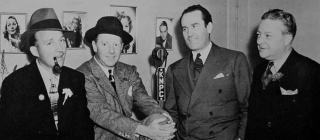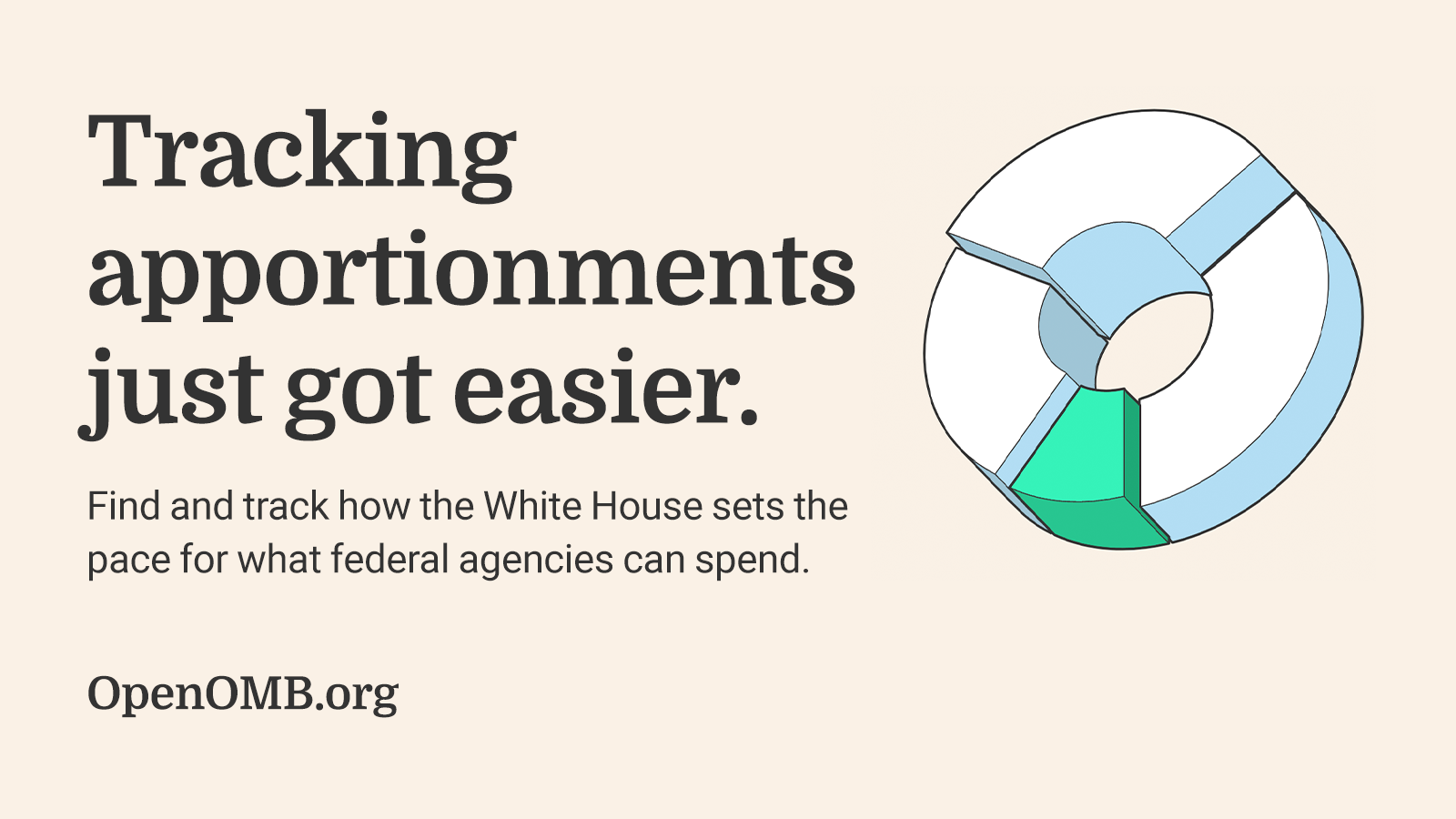
Getting Paid to Talk: The Market & Public Discourse
Liberalism was not designed with political professionals in mind. In the vision of Adam Smith or Benjamin Constant, liberal citizens are meant to focus most of their time and energy on their private business. Kant argued that man – or at least, the 18th century liberal man – possessed an “unsocial sociability.” He writes that “man has an inclination to associate with others” because in society “he feels himself to be more than a man.” But, at the same time, he has the unsocial characteristic of “wishing to have everything go according to his own wish.” This leads him to regard other men as his competitors, and this competition leads all to further develop their capacities. But, for most liberals, this competition is meant to occur mainly in the private sector, in civil associations and in business. The state is meant to preside over free associations and over a free market. It is not meant to itself become the arena through which human capacities are developed in competitive struggle.
And yet, many of us seek to make a living by writing and speaking about politics. For political professionals, our private business is public business. If you are a journalist, a civil servant, a politician, or an academic in the humanities or social sciences employed by a university or think tank, the private and the public are always already intertwined. Public discourse in liberal democracies has, for a long time now, been dominated by these political professionals. For those who run businesses or work outside these sectors, it has long been difficult to make oneself heard. To make any kind of political intervention, it’s necessary to hire these political professionals. Labor unions, lobbying organizations, and NGOs employ political professionals to engage in forms of political activity that workers and employers lack the time, energy, or expertise to perform themselves.























